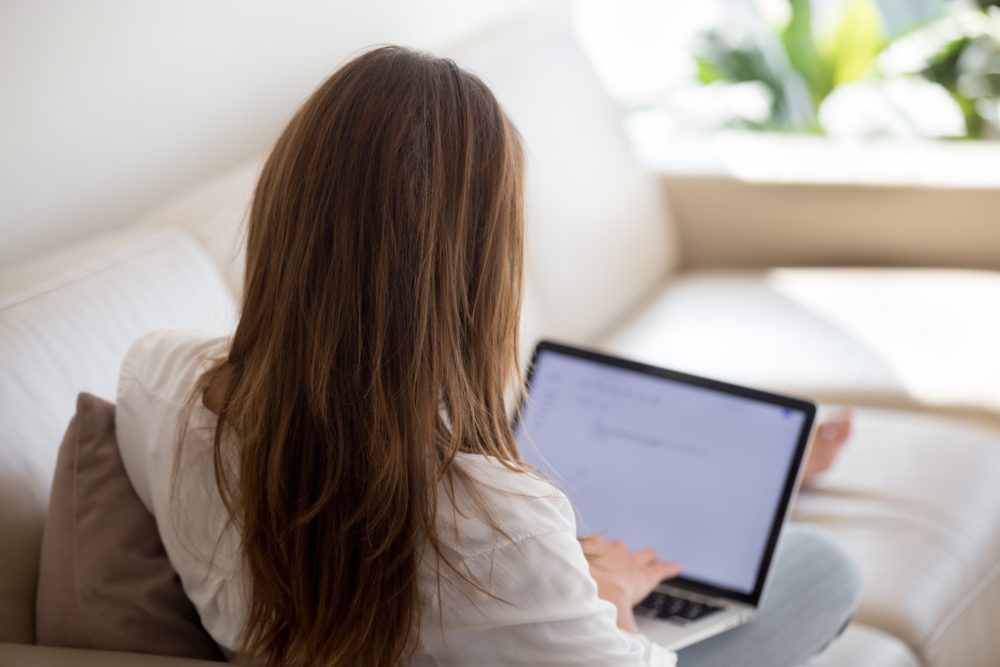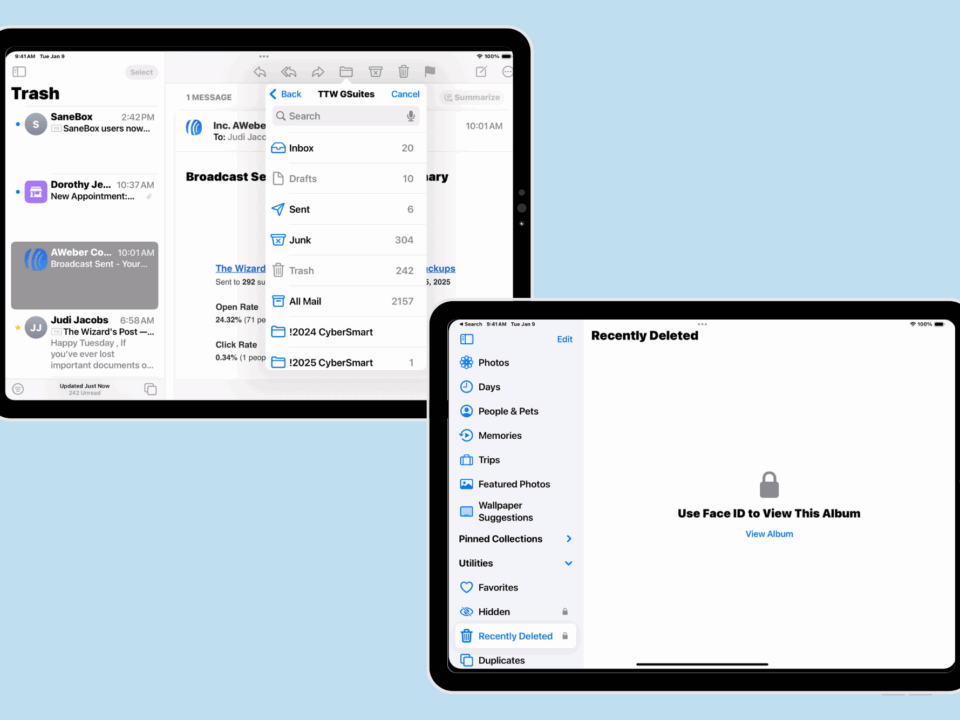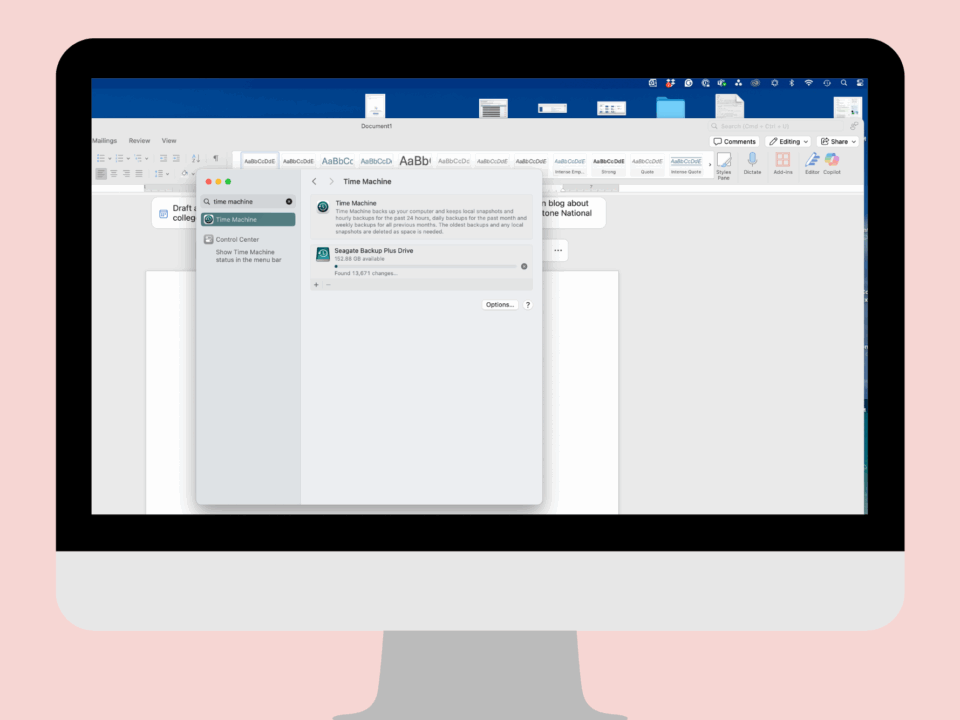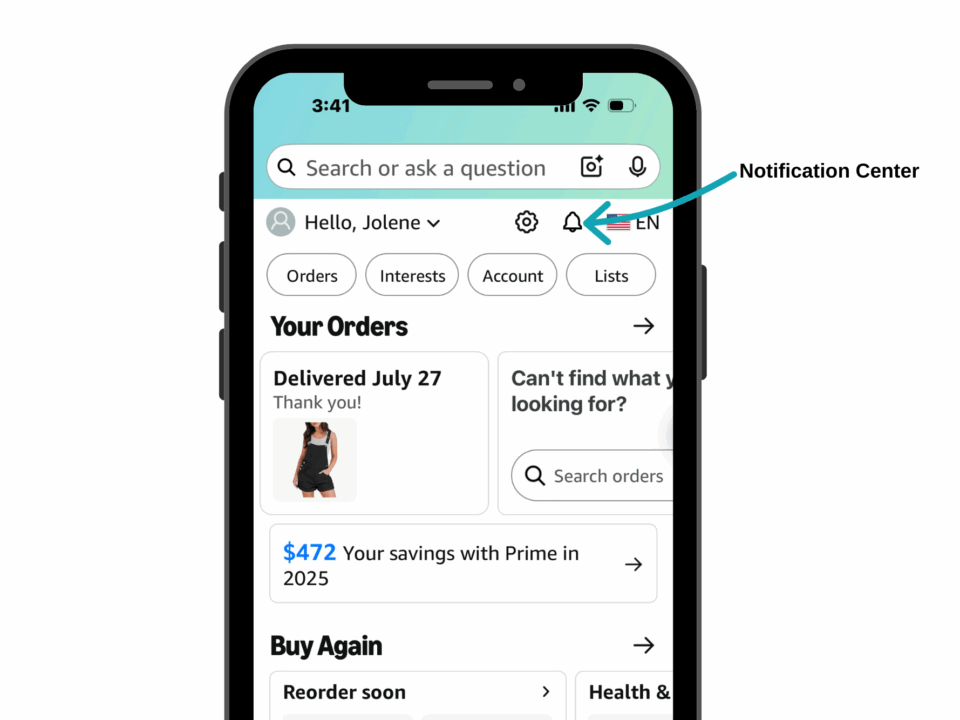
Why You Should Switch to Gmail
October 24, 2018
Do you YouTube?
November 15, 2018Are you a nomophob? Nomophobia (“no-mobile-phone phobia”) is a term describing the fear of being without a mobile device. In this nomophobic world we live in, we have become addicted to the distractions our phones provide.
Our preoccupation with mobile devices can be a significant intrusion in our everyday life, but there are ways we can take back control and return to the days when our phone simply existed to make life easier.
Overcoming App Overload
The Google Play store has over three million apps, and Apple’s app store has over two million apps available. Most of us have our phones filled with apps that are supposed to make us more productive, informed and entertained. But overload can lead to overwhelm very quickly!
Taking time to do an ‘app purge’ occasionally is good practice to bring sanity back to your phone. And life.
- If you haven’t used an app in the past couple of months or so, delete it! Do you really need four different weather apps?
- Arrange the apps so that the ones you use daily are on the home screen.
- Create a system to organize your apps, such as, put all work apps on one screen or create folders by category (e.g., shopping, navigation, health, work).
Start Dictating
If you haven’t started using dictation as part of your daily smartphone use, you don’t know what you are missing. This is a game changer. It is more efficient to speak text, email or reminder than to type on the small keyboard.
To make dictation work for you, here are a few pointers that will help refine the process of learning.
- Think about what you are going to say before you start.
- Speak slowly and clearly.
- Speak punctuation. For example, “I am going to pick up dinner period What do you want question mark.”
- Spell unusual names.
- Double check the transcription of your dictation before clicking send.
Stop the Constant Interruptions
Email and text messages are productivity killers. Stop responding immediately to every email and text notification. Set daily times when you are going to check your email and stick to them.
Organizing your email with Google Gmail or SaneBox is another way to control you email habits. They have tools to help you focus on the emails that matter.
Reduce notifications, so you aren’t bombarded with constant dings and rings.
- Take time to review the notification section in your settings. What do you really need instant notifications for? Most of us don’t need to know when a friend posts on Facebook or the minute your Amazon package ships.
- Use the Do Not Disturb feature regularly to be more efficient, get better sleep or have quality family/friend time.
Build a Smarter Schedule
The calendar on your phone can be a powerful tool to help increase your productivity. Put everything you do in the calendar, including work time, private time, checking email, learning time or downtime.
When setting up a calendar event, provide as much detail as possible. For example, make sure you always include the exact location. The navigation integration can remind you when to leave and give directions to your next destination.
Using calendar apps with your voice assistant (such as Hey Google or Siri) makes adding, updating or canceling events so much easier.
Smartphones Are Getting Smarter
Both Android phones and iPhones are getting better, more accessible and smarter about helping you to automate various tasks and actions repeatedly performed on your device.
Learning to enable automation of routinely used apps or workflows can make tedious procedures run with the touch of a link or utterance of a spoken word.
Using Google assistant with Routines and now Siri with Shortcuts will render even the most redundant and boring tasks seamless and fun to execute.
Automation is the key to advanced use of your device and increasing functionality. Step by step lessons are available online through tech journalists and are well worth the effort of learning and implementing.
Built-in Security
Password management has been a sticking point for many people. Either they don’t use passwords that are strong enough to keep their information safe, or they have a hard time remembering passwords because they made them too complicated.
Both Apple and Android phones now have password management built into their operating system. They allow you to use third-party password managers, such as 1Password or Last Pass, to autofill passwords on your phone.
Using this new integration will hopefully help us break bad habits that many of us have refused to change because of how hard it is to follow the advice to implement the security recommendations.
Our phones have become an essential part of everyday life. If you take control of the tools available, being productive is more comfortable than it has ever been.
Do you feel like your phone makes your everyday life better or more distracted than ever? How are you trying to become more productive with your phone? Are you using any tools to track your usage or screen time? Why or why not?
(This article was originally posted on Sixty and Me)






